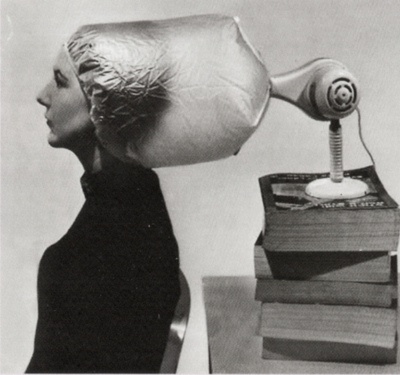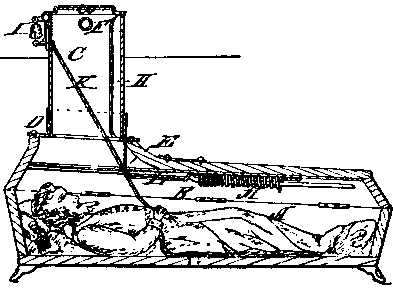DARPA, which put the Internet and its endless cat photos and trolls into our lives, would now like to implant a “modem” in our brains. The department, under the direction of Dr. Arati Prabhakar, has announced its intentions to ambitiously dive into biotechnology with an array of projects. The aforementioned cortex device is not just meant for the treatment of Alzheimer’s and Parkinson’s but also to make possible a form of Google Glass without the external hardware. From Peter Rothman’s breathless report at h+:
Dr. [Geoff] Ling portrayed DARPA’s ambitious goals and set out what was one of the clearest presentations of the proactionary principle which I have heard. But that was just the opening volley; DARPA is going full on H+.
Following the inspirational presentation by Dr. Ling, the individual program managers had a chance to present their projects.
The first Program Manager to present, Phillip Alvelda, opened the event with his mind blowing project to develop a working “cortical modem.” What is a cortical modem you ask? Quite simply it is a direct neural interface that will allow for the visual display of information without the use of glasses or goggles. I was largely at this event to learn about this project and I wasn’t disappointed.
Leveraging the work of Karl Deisseroth in the area of optogenetics, the cortical modem project aims to build a low cost neural interface based display device. The short term goal of the project is the development of a device about the size of two stacked nickels with a cost of goods on the order of $10 which would enable a simple visual display via a direct interface to the visual cortex with the visual fidelity of something like an early LED digital clock.
The implications of this project are astounding.
Consider a more advanced version of the device capable of high fidelity visual display. First, this technology could be used to restore sensory function to individuals who simply can’t be treated with current approaches. Second, the device could replace all virtual reality and augmented reality displays. Bypassing the visual sensory system entirely, a cortical modem can directly display into the visual cortex enabling a sort of virtual overlay on the real world. Moreover, the optogenetics approach allows both reading and writing of information. So we can imagine at least a device in which virtual objects appear well integrated into our perceived world. Beyond this, a working cortical modem would enable electronic telepathy and telekinesis. The cortical modem is a real world version of the science fiction neural interfaces envisioned by writers such as William Gibson and more recently Ramez Naam.


